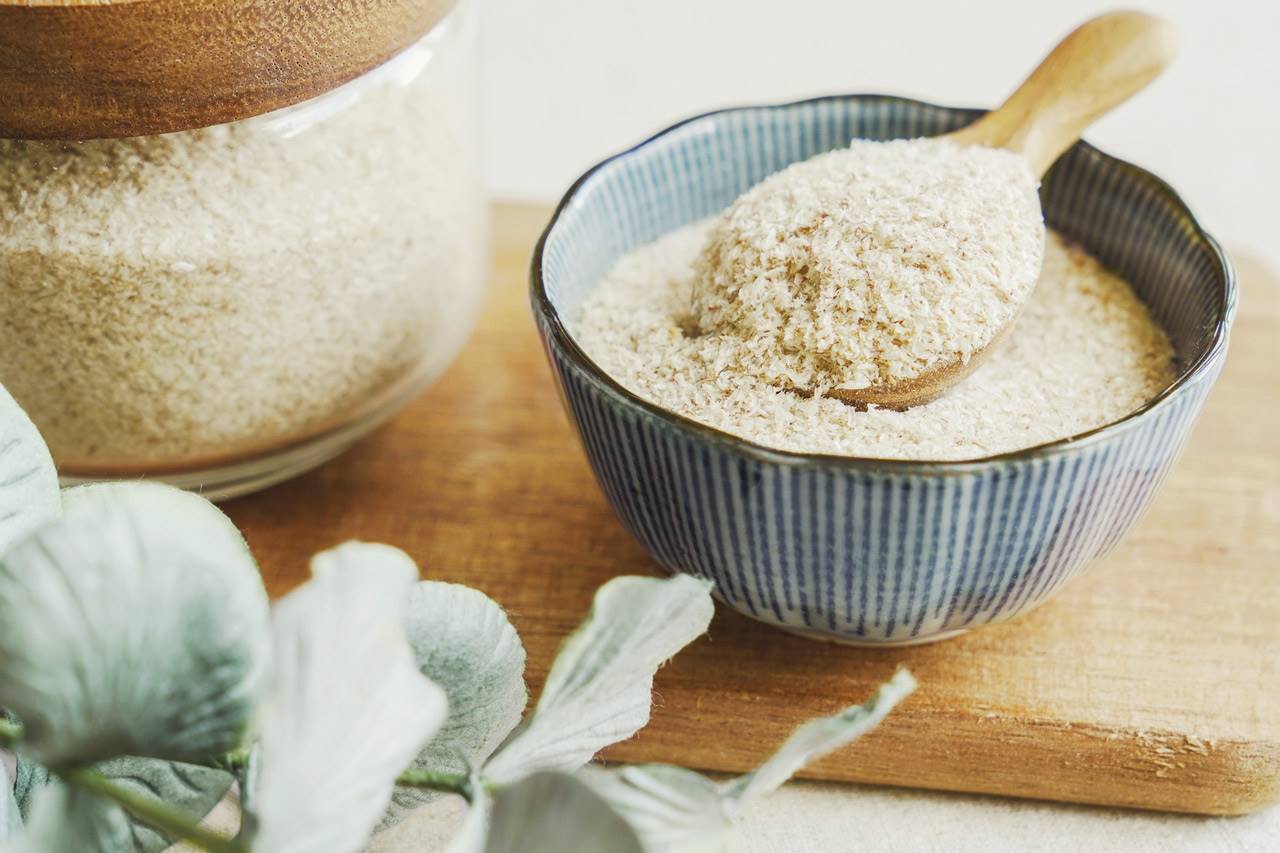Thickener for water refers to substances or additives designed to increase the viscosity or thickness of water-based liquids. This article explores what a thickener for water is, how it functions, and its common practical applications through practical examples.
What is a thickener for water?
A thickener for water is a product used to modify the consistency of water or water-based solutions, making them thicker or more viscous. These additives are often employed in various industries and applications where altering the texture or flow characteristics of liquids is necessary.
How does a thickener for water work?
Thickeners for water work by interacting with the molecules in the liquid to increase its viscosity. They achieve this through several mechanisms:
- Hydrocolloid action: Many thickeners for water are hydrocolloids, which are substances that form gels or increase viscosity when mixed with water. Examples include guar gum, xanthan gum, and carrageenan.
- Particle suspension: Some thickeners work by suspending particles within the liquid, which increases its thickness. This is common in industrial applications where a uniform consistency is required.
- Shear-thinning behavior: Certain thickeners exhibit shear-thinning behavior, meaning they become less viscous under stress or agitation (e.g., during pouring or pumping) and return to their thickened state when at rest.
Common uses of thickener for water
Thickeners for water find widespread application across various industries and everyday scenarios:
- Food industry:
- Example: In cooking and baking, thickening agents like cornstarch or flour are commonly used to thicken sauces, soups, and gravies.
- Function: They improve texture, enhance mouthfeel, and stabilize food products.
- Medical and healthcare:
- Example: Thickened water is used for individuals with dysphagia (swallowing difficulties) to prevent choking and aspiration.
- Function: Thickening agents modify water viscosity to ensure safer ingestion and hydration.
- Cosmetics and personal care:
- Example: Thickening agents are used in shampoos, lotions, and creams to enhance consistency and improve product performance.
- Function: They provide a luxurious feel, stabilize formulations, and facilitate application.
- Paints and coatings:
- Example: Thickeners are added to paint formulations to control viscosity, prevent sagging, and improve application properties.
- Function: They ensure uniform coverage and enhance the aesthetic appeal of painted surfaces.
- Industrial processes:
- Example: In manufacturing, thickeners are used in wastewater treatment, adhesive production, and textile printing.
- Function: They aid in process control, improve product quality, and optimize production efficiency.

Practical examples of thickener for water
- Cooking example:
- Scenario: Thickening a sauce with cornstarch.
- Process: Mix cornstarch with cold water, then add to the hot liquid while stirring continuously until desired thickness is achieved.
- Healthcare example:
- Scenario: Preparing thickened water for a patient with dysphagia.
- Process: Add thickening powder or gel to water according to recommended ratios, stir until fully dissolved, and allow to thicken before serving.
- Cosmetics example:
- Scenario: Formulating a thickened shampoo.
- Process: Incorporate thickening agents such as guar gum or cellulose derivatives into the shampoo formulation to achieve desired viscosity and texture.
Benefits of using it
- Enhanced product performance: Improves texture, stability, and consistency of water-based products.
- Versatility: Suitable for a wide range of applications from food to industrial processes.
- Safety: Ensures safe ingestion of liquids for medical purposes, reducing the risk of aspiration.
- Economic efficiency: Optimizes production processes and reduces waste by ensuring consistent product quality.
Conclusion
Thickener for water plays a vital role in modifying the viscosity and texture of water-based liquids across diverse industries and applications. Whether enhancing food textures, ensuring safe hydration for medical patients, or improving product performance in cosmetics and industrial processes, these additives provide essential functionality. By understanding how thickeners work and their practical uses through examples, users can effectively utilize them to achieve desired results in various settings. Incorporating thickeners into formulations and processes enhances product quality, safety, and overall efficiency, demonstrating their indispensable role in modern applications.
In summary, thickener for water serves as a versatile solution for modifying liquid consistency, offering benefits across industries ranging from enhancing food textures to facilitating safe medical hydration. Its functionality and practical applications underscore its importance in meeting diverse consumer and industrial needs effectively and reliably.
Visit: Camper water tanks.

